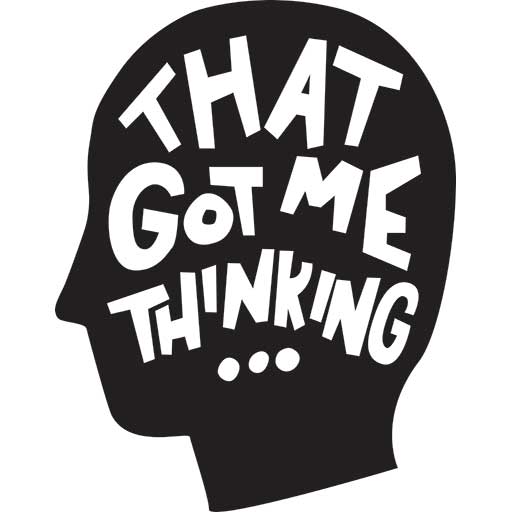It’s o.k. to get angry. A matter of fact, it’s o.k. to get really, really mad. But we need to be conscious about what we choose to do with that anger when it arrives. How do we express it, and how have we learned to react to it?
Lots of people are not comfortable with their own anger or anyone else’s. We don’t know how to express it or respond. We feel fear and shame on both sides of the issue, whether we are the angered or the recipient of someone else’s emotion. But authentically expressed anger informs us and others where our boundaries are and when they have been crossed. This is super important information and it is valuable for us all to appreciate what happens when personal boundaries are not respected.
Expression of anger can be productive or destructive. It can be respectful or disrespectful. Sometimes we may over react and blow a fuse or bust a gasket. Many people have never learned constructive ways to express their anger. So getting angry is scary and upsetting because expressing it doesn’t feel good and we end up not feeling good about ourselves after we’ve repressed or exploded. But have no fear, anger can be energizing and calming. And, when we do express our anger in a way that doesn’t feel appropriate in retrospect, we can say we are truly sorry. And, that can be a beneficial learning experience for all involved.
(Caveat – If yelling or screaming becomes a routine pattern, your apologies are meaningless, and violence is never acceptable, no matter how mad someone may “make” you.)
The honest expression of anger feels good. It’s energy, it’s release, it’s expression, it’s speaking up. It’s communicating a strong and important message. It’s when anger gets pent up, unexpressed and righteous that it no longer feels good to express. Or, when we feel we have to wait until we are undeniably justified in our anger to allow ourselves to express, it is not a satisfying experience.
The other day, a neighbor of mine lost his cool. We live in dog country, and he was fed up with the local hounds pooping on his lawn. He had been frusrtrated for some time. He had long and clearly communicated his stance, in person and with posted signage, and he’d had enough. He wasn’t being heard, and he wasn’t being respected, and he was ticked, “Get your@#$% dog off my lawn,” he shouted at an unsuspecting dog walker. Afterwards, he felt ashamed.
My daughter went to a Montessori preschool (They take emotional intelligence seriously.) and although the school wasn’t a perfect fit for her, she recently told me that she was glad she’d attended because she had learnt what to do when you’ve accidentally hurt someone. You say, “I’m sorry, is there anything I can do to help you feel better?” That’s it. Take responsibility, apologize and move on. No need to avoid, re-direct, feel guilty or hold on to the discomfort.

